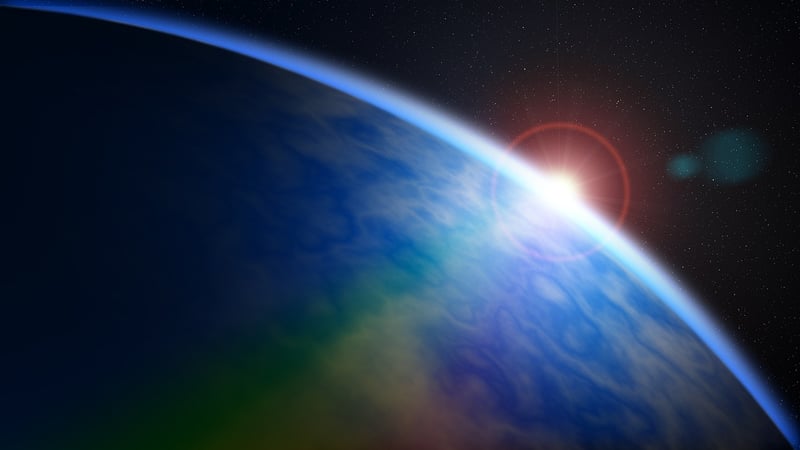Exoplanet Discoveries
The Fascinating Realm Beyond Our Solar System: Exoplanet Discoveries
As we gaze up at the night sky, we are often captivated by the twinkling stars that adorn the darkness. However, there is much more to explore beyond the boundaries of our own solar system. In recent years, scientists have made groundbreaking discoveries of exoplanets, planets that orbit stars outside our solar system, opening up a world of possibilities and mysteries to unravel.
What are Exoplanets?
Exoplanets, also known as extrasolar planets, are planets that orbit stars other than our sun. These distant worlds come in a variety of sizes, compositions, and orbits, and studying them provides valuable insights into the formation and evolution of planetary systems.
Types of Exoplanets
Exoplanets are classified into several categories based on their characteristics:
- Hot Jupiters: Gas giant planets that orbit very close to their host stars.
- Super-Earths: Planets with masses higher than Earth but lower than Neptune.
- Water Worlds: Planets covered entirely or predominantly by water.
- Exoplanets in the Habitable Zone: Planets with conditions suitable for liquid water to exist on their surfaces.
Methods of Detection
Scientists use various methods to detect exoplanets, including:
- Transit Method: Observing the dip in a star's brightness as an exoplanet passes in front of it.
- Radial Velocity Method: Detecting a star's wobble caused by the gravitational pull of an orbiting planet.
- Direct Imaging: Capturing images of exoplanets using powerful telescopes.
Notable Exoplanet Discoveries
Over the years, several remarkable exoplanet discoveries have captured the imagination of scientists and the public alike. Some notable examples include:
- Kepler-186f: The first Earth-sized exoplanet discovered in the habitable zone of another star.
- TRAPPIST-1 System: A star system hosting seven Earth-sized planets, with three in the habitable zone.
- HD 209458 b: One of the first exoplanets to have its atmosphere detected.
The Quest Continues
The exploration of exoplanets is an ongoing endeavor that continues to yield new and exciting findings. With advancements in technology and the launch of dedicated space missions, the search for potentially habitable worlds beyond our solar system is more promising than ever.
So, the next time you look up at the stars, remember that each twinkling light could be a distant world waiting to be discovered, offering a glimpse into the vast and wondrous expanse of the universe.

Explore further and stay curious about the mysteries that lie beyond our solar system!
For more information on exoplanets and the latest discoveries, visit NASA's Exoplanet Exploration website.
